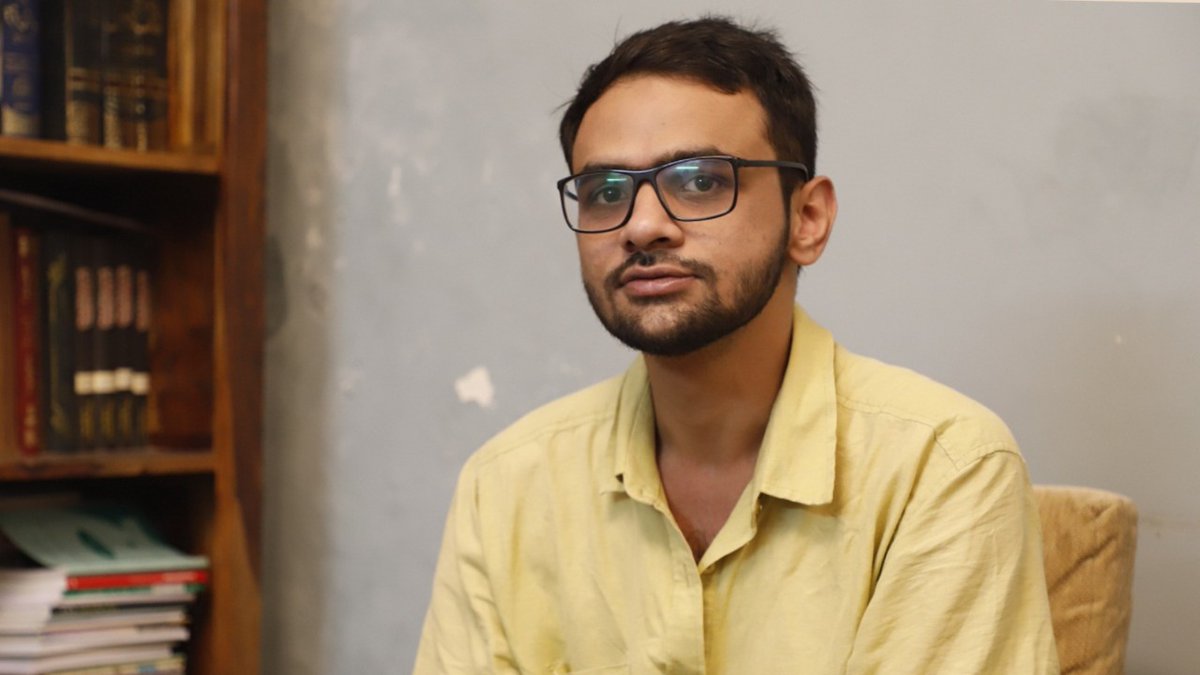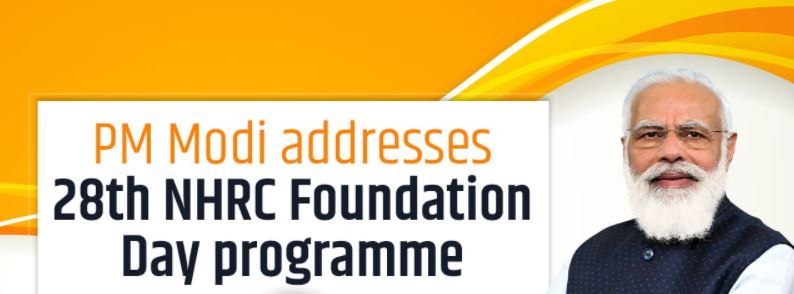
109th Birth Anniversary of Late Viswanath Pasayat:
Former #SupremeCourt judge, Justice RF Nariman is the Chief Speaker
Supreme Court judge, Justice UU Lalit to preside over as Chief Guest
Dr. Justice S Muralidhar, Chief Justice of Orissa High Court is the Guest of Honour
Former #SupremeCourt judge, Justice RF Nariman is the Chief Speaker
Supreme Court judge, Justice UU Lalit to preside over as Chief Guest
Dr. Justice S Muralidhar, Chief Justice of Orissa High Court is the Guest of Honour

The event begins with lamp lighting.
#LateViswanathPasayat
#LateViswanathPasayat
Arijit Pasayat J., former judge of the #SupremeCourt: October 10 was my father's birthday and it was on this day (Oct 10) that I enrolled as a lawyer. The country is known by the judiciary it has and it is because of judges like Justices Lalit and Nariman #LateViswanathPasayat
Justice UU Lalit: It has been 109 years since the immense knowledge of Late Vishwanath Pasayat continues to inspire us. #LateViswanathPasayat 

Justice Lalit: As a lawyer i had come across some judgments by Justice Pasayat, but it only when i started reading for what he stood for and followed, made such great things for youngsters to follow #LateViswanathPasayat
Justice RF Nariman: Nobel Peace Prize was given to two journalists from the Philippines. India's rank there was 142..why? This is more to do with India's bank of colonial laws. #LateViswanathPasayat 

Justice Nariman: Edward III had a treason act, England matured as a democracy thereafter and there was a commission set up in 1977 which recommended in 1977 that sedition be abolished and it was done so
#LateViswanathPasayat
#LateViswanathPasayat
Justice Nariman: US had a sedition act which expired. After which there was alien and sedition act 1918 which later became subject matter of several US Supreme Court judgments
#LateViswanathPasayat
#LateViswanathPasayat
Justice Nariman: Justice Holmes spoke of clear and eminent danger test. if someone shouted fire in a theatre but if there was no hint of anything illegal happening, free speech cannot be curbed #sedition
#LateViswanathPasayat
#LateViswanathPasayat
Justice Nariman: Justice Holmes dissented in one judgment and said "Persecution for the expression of opinions seems to me perfectly logical. If you have no doubt of your premises or your power and want a certain result with ..."
Justice Nariman: "....all your heart you naturally express your wishes in law and sweep away all opposition. To allow opposition by speech seems to indicate that you think the speech impotent, as when a man says that he has squared the circle.."
Justice Nariman: "..... or that you do not care whole-heartedly for the result, or that you doubt either your power or your premises. But when men have realized that time has upset many fighting faiths, they may come to believe even more than they believe the very foundations .."
Justice Nariman: ...."... of their own conduct that the ultimate good desired is better reached by free trade in ideas — that the best test of truth is the power of the thought to get itself accepted in the competition of the market.."
Justice Nariman: "...and that truth is the only ground upon which their wishes safely can be carried out. That at any rate is the theory of our Constitution..."
#LateViswanathPasayat
#LateViswanathPasayat
Justice Nariman: "Imminent lawless action" is a standard currently used that was established by the United States Supreme Court in Brandenburg v. Ohio (1969) #LateViswanathPasayat
Justice Nariman: in this backdrop, how in this large democracy is Section 124A surviving?
#sedition #lateviswanathpasayat
#sedition #lateviswanathpasayat
Justice Nariman: Lord Macaulay was apologetic of having drafted the Indian penal Code as he took less time to draft this than others. Sedition section 113 was there in draft but not in final book. But it was later discovered and re-drafted
#sedition #lateviswanathpasayat
#sedition #lateviswanathpasayat
Justice Nariman: In 1870 that's how 124A was born, it was said that this section was left out by oversight. The wordings were also vague. sentences under 124A was enormous as it was transportation for life and imprisonment for three years
Justice Nariman: There was the Bangobasi case, it was the first case under the sedition law, it spoke against the age of consent act in relation to child marriages.
Justice Nariman: author said that child marriage was inherent to the indian culture. British judge was not charmed and therefore held that editor was liable under 124A
Justice Nariman: it was held that sedition was anything if you say that government of the day mus the brought down and thereby causing disaffection against that government.
Justice Nariman:Then was the Bal Gangadhar Tilak case. He spoke through Kesari and Maratha..Tilak spoke about the plague and famine.. and then collectors interfering with rights of Indian farmers by trying to check if plague was spreading.
Justice Nariman: Tilak was then tried for sedition. Defence could not get any British barrister from London. So Rabindranath Tagore was called upon to arrange Barristers from Kolkata.
Justice Nariman: it was held that his publications excited disaffection against government. Tilak was released in 51 weeks through he was sentenced to 18 months. Then was the famous Satara trial. Editor was tried and sentenced with similar reasoning.
Justice Nariman: Then was the famous Allahabad case where a Muslim lady stated that she wanted freedom from British. Though the editor apologised but even then was sentenced to 18 months. Then section 124A was amended to include disloyalty under the umbrella of disaffection
Justice Nariman: in 1909, the second Tilak trial took place where certain articles were written about certain magistrates who traveled in a carriage .. however the wife and daughter travelled in carriage and died in a bomb blast.
Justice Nariman: Tilak wrote if you mistreat the cat it will pounce upon the marriage. he also said bomb was an amultet which every Indian wore around his neck. Mohammad Ali Jinnah defended Tilak. Next Tilak defended himself for 21 hours. Jury sentenced him to 6 years
Justice Nariman: In 1919, Jalianwala Bagh took place. Then Rowlatt act was passed to continue wartime contingency measure, no commitment before trial, no lawyer given, no appeals etc. So jail was always long time. Then came Khilafat movement.
Justice Nariman: these three things led to Mahatma Gandhi started a civil disobedience movement. Though he called off violence, he was tried for sedition. Shankarlal Banker, the editor was also tried. Article said it was your duty to be disaffectionate to foreign govt
Justice Nariman: Gandhiji was called upon and he said affection cannot be measured as per law. he said disaffection should be given full hand unless it leads to violence. he said he considered it a privilege to be charged under the section 124A #sedition
Justice Nariman: Gandhiji was sentenced to 6 years and he served 2 years. Jawaharlal Nehru too served years in 1932 and 1934 for sedition. Then came the Niharendu Dutt case. it was held that if sedition did not lead to public disorder then one cannot be charged under sedition
Justice Nariman: This judgment was again overruled as it was held public disorder was not a part of Section 124A. Now after 1947, Article 19(1)(A) came into action. Brij Bhushan an organizer of RSS BJP had to undergo censorship.
Justice Nariman: Sedition, it was removed by Sardar Vallabh Bhai Patel in first draft of Article 19(2) , it was reintroduced and then again taken off.
Justice Nariman: Then by an amendment Public Order was included to Article 19(2). Supreme Court in Kedarnath Case ultimately said if we can read a particular provision a particular way so long as disaffection was coupled with call for violence it would be sedition.
Justice Nariman: Then we had China and Pakistan wars. thereafter ee introduce the draconian legislation, Unlawful Activities Prohibition Act.
Justice Nariman: Disaffection continues in statute book and UAPA is a draconian act as it has no anticipatory bail and has minimum 5 years imprisonment. This act is not under scanner yet. This too has to be looked into along with the sedition law.
Justice Nariman: Then came the law commission reports which suggested sedition be brought on line with federal provision.
Justice Nariman: In Ram Manohar Lohia judgment it was held that interest of something should be proximate. Then it was held that section 124A is read as whole it's not only about disaffection but about violence. Privy council had correctly said that there was nothing on violence
Justice Nariman: if you are to apply the mischief rule, out comes the colonial law in all its glory and grab the Indian citizens. If there is literal reading of provision does not have violence and you cannot read the same into it
Justice Nariman: Then came the Shreya Singhal judgment, it says whether you say something or advocate something , free speech covers it. Only it time it is curtailed if you invite violence.
The effect of this sedition law and UAPA has a chilling effect on journalists. Shayara Bano details on manifest arbitrariness: Justice Nariman
BREAKING
I would exhort the supreme court to not send sedition law cases pending before it back to centre. Govt will come and go it is imp for court to use its power & strike down 124A and offensive portion of UAPA then citizen here would breathe more freely : Justice RF Nariman
I would exhort the supreme court to not send sedition law cases pending before it back to centre. Govt will come and go it is imp for court to use its power & strike down 124A and offensive portion of UAPA then citizen here would breathe more freely : Justice RF Nariman
Dr Justice S Muralidhar, Chief Justice of Orissa High Court: I am honoured to be invited here today. 

Justice Muralidhar: I really wish I practiced law in the same generation as #LateViswanathPasayat. I learnt so much listening to Justice Nariman.
Justice Muralidhar: There is one running theme in all of this. From articles of Viswanath Pasayat birth centenary volume, he was viewed as a veteran communist and a socialist. But common perception was he worked for poor
Justice Muralidhar: He was truly political person fighting preventive detention cases using his expertise in interpreting laws and discovering the intersection of politics and law
Justice Muralidhar: MN Roy constitution was indeed a draft of the constitution. Babasaheb Ambedkar continuously responded to how constitution was not becoming a socialist or communist constitution. Directive principles reflect the socialist ideologies
Justice Muralidhar: Imagine the constribution of leftist lawyers to the making of constitution. Whether it is AK Gopalan, then came Justice Krishna Iyer who contributed immensely to the development of law.
I plead with law researchers to find out how leftist lawyers contributed to the development of law. Not much has been written. Look at how how Justice PB Sawant contributed to the same. I can go on and on and time is not enough: Justice Muralidhar
We should not keep out an ideology because we don't agree with it and help include all for the constitution to keep evolving: Justice Muralidhar
Event ends
#LateViswanathPasayat
#LateViswanathPasayat
• • •
Missing some Tweet in this thread? You can try to
force a refresh












